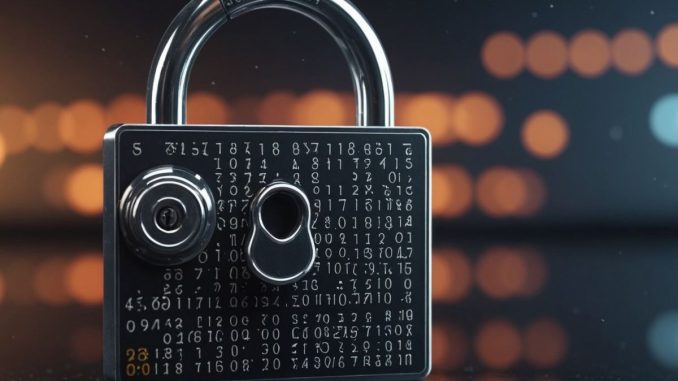
A recent cyber attack on National Public Data (NPD), a background checking service, has resulted in the personal data of nearly three billion individuals being leaked. This breach, one of the largest in history, has raised significant concerns about data security and privacy.
Key Takeaways
- Nearly three billion individuals affected
- Personal data including Social Security numbers and addresses leaked
- NPD has not confirmed the breach
- Lawsuit filed against NPD for negligence and other claims
The Breach Unveiled
The breach came to light when a class action lawsuit was filed, alleging that personal data from nearly three billion people was leaked during a cyber attack on NPD in April. The lawsuit claims that a criminal gang named USDoD posted a database titled “National Public Data” on a Dark Web forum, offering it for sale at $3.5 million.
What is National Public Data?
National Public Data, owned by Jerico Pictures, Inc., is a background checking service based in Coral Springs, Florida. It collects personally identifiable information from non-public sources, meaning many affected individuals did not knowingly provide their data to NPD. The leaked information includes Social Security numbers, addresses, full names, and information about relatives.
Legal and Security Implications
NPD has not confirmed the cyber attack and has not notified anyone in their database of the breach. The lawsuit filed against NPD alleges negligence, unjust enrichment, and breaches of fiduciary duty. The breach highlights the risks associated with third-party data collection and storage without proper safeguards.
Steps to Protect Your Identity
In light of this breach, it is crucial to take steps to protect your identity and data:
- Sign up for 24/7 credit monitoring
- Activate two-factor authentication
- Do not respond to unsolicited requests for information
- Regularly review credit card and bank accounts
- Use a PIN to verify debit card purchases
- Freeze your credit reports
Conclusion
This breach underscores the importance of vigilance in monitoring personal accounts and being cautious when providing personal information. Consider using credit cards instead of debit cards for added protection and to take advantage of rewards. Always stay informed and proactive in safeguarding your identity.

